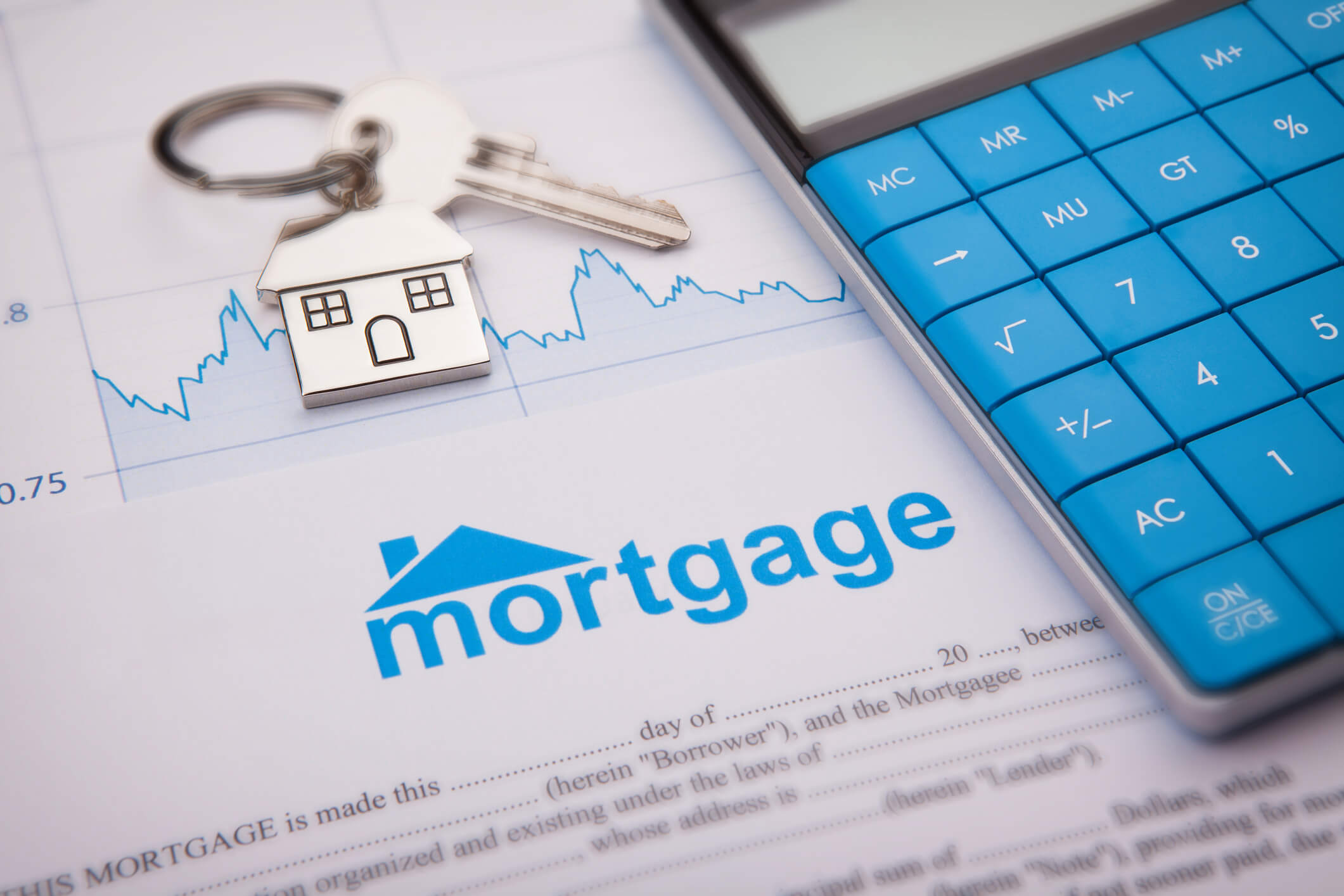Every time spring arrives, taxes are just around the corner. It is good to know what expenses you can deduct. An amount to consider, for example, is the amount you have paid for your home mortgage.
To deduct the mortgage means to deduct the amount of the contribution of your taxable income in the Personal Income Tax (Personal Income Tax).
Not all mortgages deduct on the income statement, so we help you know whether or not you can benefit from this deduction. First of all, remember that the holder of a mortgage has the right to deduct 15% on the amount paid during the fiscal year, with a specific dollar amount limit. If the mortgage loan has two holders, each one should make the declaration of income individually and a maximum of 15% could be deducted.
These are the four elements that you should keep in mind:
Disburse the mortgage according to the purchase date
To be able to deduct it you must have signed the purchase before January 1, 2013 . On this date the relief for habitual housing for future mortgaged disappeared. Luckily, the measure is not retroactive and does not affect those who bought a home before. If you purchased the home after January 1, 2013, you will not be able to deduct the amount paid, but you are required, however, to declare the mortgage on the rent.
To deduct a mortgage, housing must be habitual
It is mandatory that the property be your usual home. The mortgages of second homes or houses rented to third parties do not deduct in the personal income tax. But what is considered a habitual residence?
The property must meet three fundamental requirements:
- That it is the residence of the taxpayer for a term followed by a minimum of three years. It does not apply if the taxpayer has died or there are circumstances that require the change of address such as marriage, separation, labor transfer, a first job or a better one.
- That the dwelling is effectively inhabited in a term never exceeding twelve months from the date of purchase.
- Annexes such as storage rooms, gardens or swimming pools are also part of the habitual residence, provided that they are acquired with the property, as well as a maximum of two parking spaces.
Although the regulation requires three years of residence in the same property, you can deduct your mortgage payments before this deadline is met. However, if you want to sell the home before that time you will not be able to benefit from the exemption for reinvestment, since it is not considered to have been your usual home.
The mortgage must be complete for a home
Sometimes we request a mortgage that finances the amount of the house and the bank offers us an extra amount for, for example, a reform.
Well, it is only possible to deduct the mortgage in the IRPF if you have destined the loan, in its entirety, for the acquisition of a home. You cannot deduct the proportional part of the fees allocated to other concepts than the property. Pay attention, because, sometimes, the draft of the income statement does not appear exclusively financial loan data, but subsequent penalties of the Treasury do not usually fail. The amount of the fine will depend on the seriousness, the time elapsed (interest on late payment) and the surcharge for late submission.
The mortgage deducts if it is a real estate
A final indispensable condition to deduct the mortgage is that the acquired property is a real estate. It may seem strange to you, but it is not so much: mobile homes, for example, are considered movable property and you cannot deduct them.

About Complete Controller® – America’s Bookkeeping Experts Complete Controller is the Nation’s Leader in virtual bookkeeping, providing services to businesses and households alike. Utilizing Complete Controller’s technology, clients gain access to a cloud-hosted desktop where their entire team and tax accountant may access the QuickBooks file, critical financial documents and back office tools in an efficient and secure environment. Complete Controller’s team of US based accounting professionals are certified QuickBooks™️ ProAdvisor’s providing bookkeeping, record storage, performance reporting and controller services including training, cash-flow management, budgeting and forecasting, process and controls advisement, and bill-pay services. With flat rate service plans, Complete Controller is the most cost effective expert accounting solution for business, family office, trusts, and households of any size or complexity.



